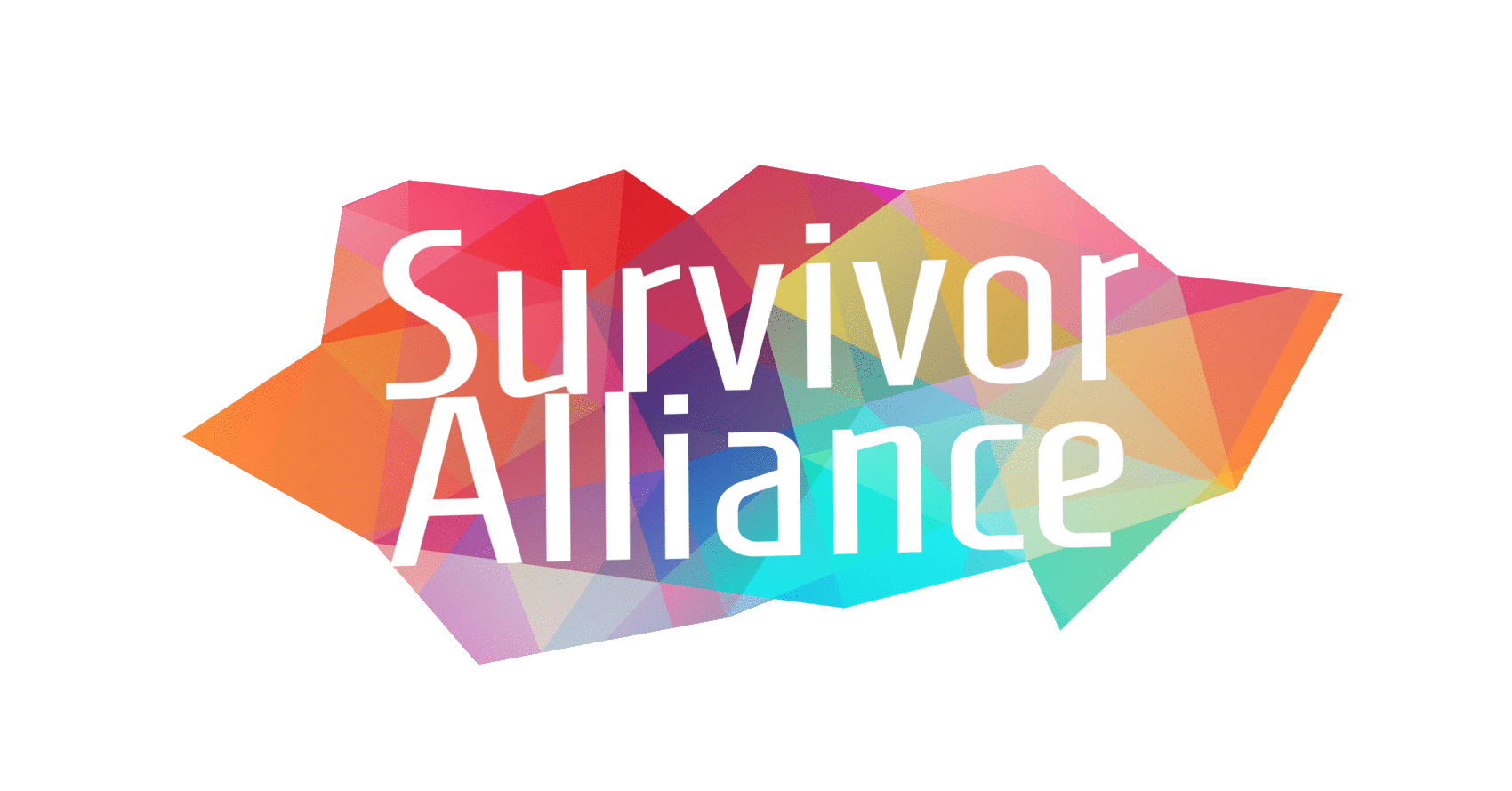Ally Actions
OrganiZational
Review your organisational awareness of trauma-informed practice.
We believe that working in the movement in a trauma-informed way is essential to creating safe spaces that empower and support survivors, rather than trigger or patronise. For this reason, we encourage you to determine if everyone on your staff has received training on trauma-informed practices. If they have not, consider hiring a trainer and/or developing in-service learning.Invite a survivor leader to train your team.
What new trainings do you think you and your staff team need about survivor engagement? Just like therapists need CPDs/CEUs, what additional learnings can you pursue about survivor engagement? Have you considered inviting a survivor leader to come train your team?
Consider taking on a monthly 'reading & reflection' practice with your staff team.
If you've read the Black Lives Matter Statement from our Executive Director, you will see that as a staff team, we have committed to spend one hour a month reading and reflecting on an issue of oppression throughout the world. In June, we spent time reading definitions of racism and key terms related to the Black Lives Matter movement (find this document on our Anti Racism Resources page), journaling our thoughts and questions, and making a list of personal action points.
Have you considered taking on this practice as part of your organisation? It is increasingly urgent that we ensure that the staff and board members of our organisations are aware of their own internal prejudices and blindspots, in order to create organisations that actively counter all forms of oppression. Consider taking on a practice such as this 'monthly reading and reflection', or creating your own version.
Review your recruitment practices.
We encourage you to review your recruitment strategies for employees. Does it explicitly welcome people with lived experience? Consider if any of your hiring questions might make it difficult for or exclude someone with lived experience.
Uplift the work of survivor leaders.
Use your social media and/or personal networks to share the work of survivor leaders, and survivor-led or worker-led organisations. Here are a some to consider:India: Bhandan Mukti // UTTHAN
Nepal: Shramik Sanjal
United States: Bridge Hope Now // Elevate Academy // GEMS Survivor Leadership Institute // Mentari // National Survivor Network // S.H.A.D.E. Movement // You are More Than
Individual
What does being an ally mean?
Despite asserting that many of you are allies to our work and to our members, we realise that the notion of allyship is rarely defined. Its therefore important that we ask the question -
‘What is the definition of being an ally and how do we become a better one?’
This helpful resource argues that allyship exists on a continuum, rather than an 'opt in' or 'out' status. We believe that the principles are relevant to becoming better allies to survivors of modern slavery and human trafficking. We encourage you to read their proposed eight stages of becoming an ally, and try to locate yourself as to where you currently stand.Skill Sharing
What is something you are really good at? How might you share this with survivor leaders? Are you good at editing essays? Volunteer to read survivors’ applications to college. Are you an amazing knitter? Knit some warm hats that we can share with our members! Email us at: volunteer@survivoralliance.org to get started.
Share about Survivor Alliance
Use your social media and/or personal networks to share our mission and vision with others! This might involve following us on twitter and re-tweeting us - allowing us to share our requests (such as laptop donations for members) with a larger audience. Or, it might involve forwarding survivor-centered campaigns such as this one on to your family or friends via email / whatsapp.


